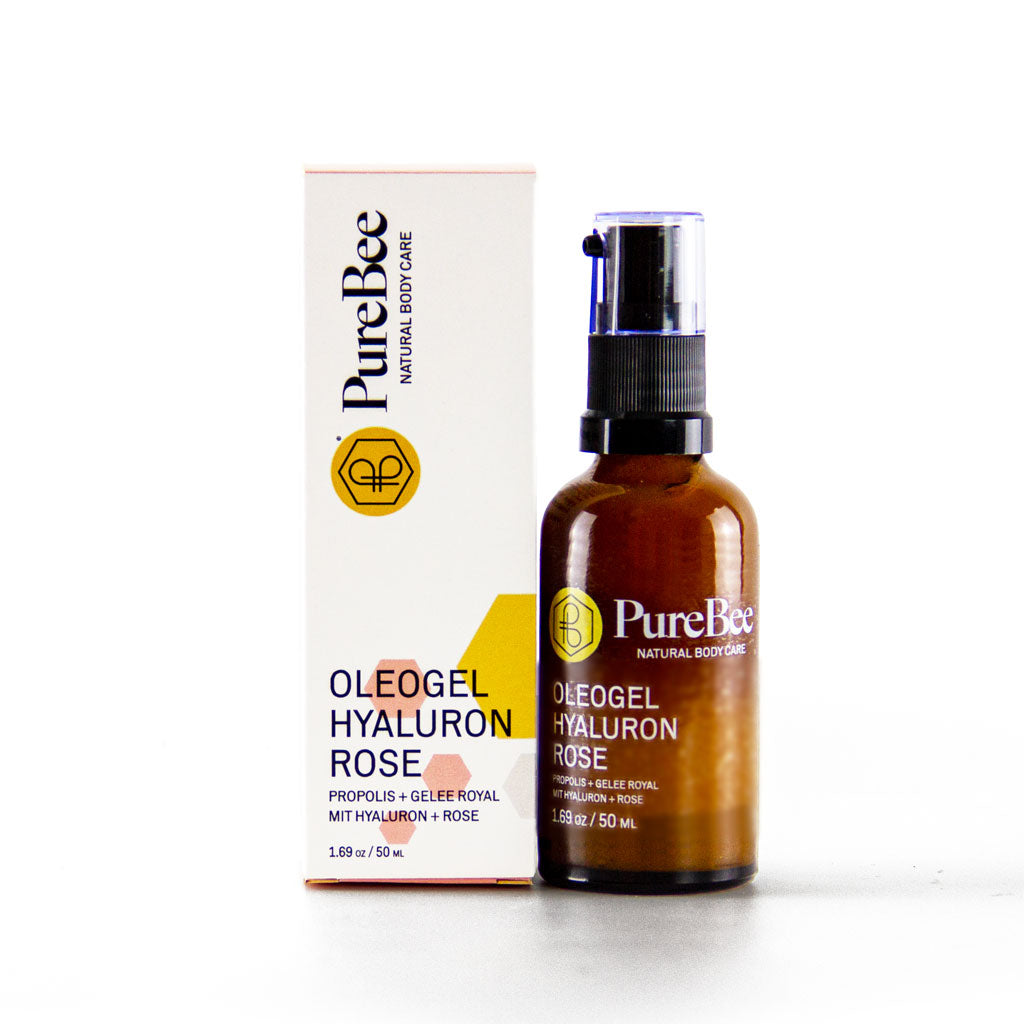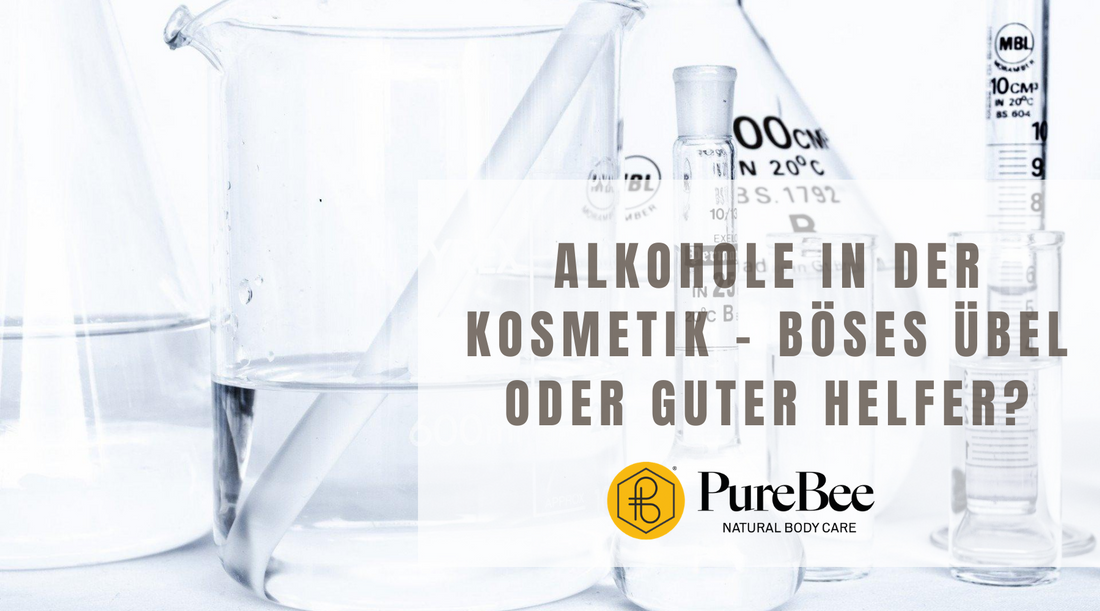Of course we know it from the beverage industry, but it is also often used in cosmetics: alcohol. In particular, the advertising slogan “alcohol-free” can be found again and again on cosmetics packaging, which has led to the widespread opinion that “alcohol is bad for the skin”.
In general, articles on ingredients are a difficult topic. We don't want to do anything bad, we just want to enlighten and bring some light into the darkness.
We find it important to show both the advantages and disadvantages. And to explain which substances we think are recommended and which we avoid. But everyone should form their own opinion and ultimately decide for themselves what they want to look out for and what is right for their own skin.
Many may know the saying “the dose makes the poison” and this hits the nail on the head with alcohol. But this is not only true for alcohol. In general, it actually applies to most ingredients, even those classified as “good” or “recommended”. Because even an overdose of ingredients that are actually great, such as natural oils or the like, can simply be too much for the skin. Care should always be tailored to individual needs and formulated in a balanced way.
Therefore we would like to go into more detail here:
- Chemically, what is alcohol?
- What is alcohol used for in cosmetics and especially at PureBee
- What alcohols to watch out for
- What alcohols do to the skin
- What alcohols are even more good for the skin
- And which alcohols we use at PureBee


